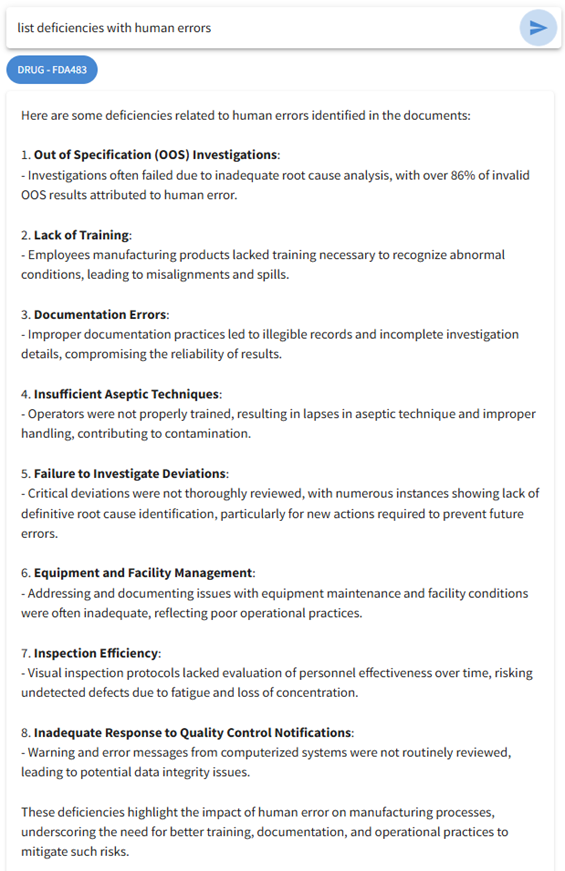Human Gene Therapy - Hopeful Regulatory Pathway for Patients to Access Precision or Personalized Medicines
- Binh Nguyen
- Dec 5, 2024
- 1 min read
Updated: Dec 17, 2024
Some diseases are so rare that going through the traditional Phases 1, 2, and 3 studies would be too costly and time consuming and quite honestly a negative investment for companies to undertake. So how do we bring potential treatments to rare diseases to patients potentially not breaking the banks?
Fortunately, there is the Right to Try | FDA Act where patients who have 1) been diagnosed with a life-threatening disease, 2) been exhausted with treatment options, and 3) been provided written informed consent regarding eligible drug to the treating physician, can try investigational drug.
How do companies provide investigational drug to these patients? An eligible investigational drug is an investigational drug 1) for which a Phase 1 clinical trial has been completed, 2) that has not been approved or licensed by the FDA for any use, and 3) for which an application has been filed with the FDA whose active development or production is ongoing, and that has not been discontinued by the manufacturer or placed on clinical hold by the FDA.
In other words, companies which have completed Phase 1 clinical trial and made these products under Phase 1 CGMP requirements can provide their human gene therapy products as well as other rare disease products (i.e. cell therapy) to these patients without having to complete Phases 2 and 3 under the "Right to Try" Act.
Hopefully, with this alternative regulatory pathway, patients with rare diseases may have access to perhaps the only accessible investigational drug(s) for their chance of survival.
In addition, there is Physician Request for a Single Patient IND for Compassionate or Emergency Use | FDA option.




Comments